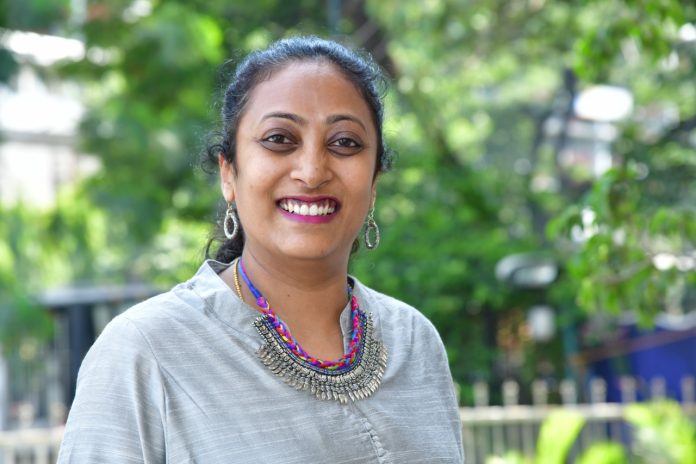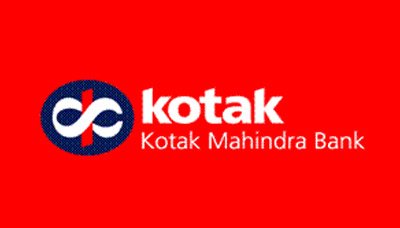Tell our readers about Tapas? your professional journey your experience so far in this industry.
Tapas is a new-age 100% Project-Based Learning School, focusing on STEAM Education. I’ve been an educationist throughout my professional career – spanning over 2 decades. I am the Master Franchisee for Podar Jumbo Kids in the regions of Karnataka, Andhra Pradesh & Telangana, with over 50 centres under me.
I’m a published author with papers in national and international journals. Having trained teachers, coached parents, and worked in Governmental Committees to shape policy, starting my current venture ‘Tapas’ was a culmination of this as it is a natural extension of ‘walking the talk’ and providing a model of schooling that is sustainable and much needed.
Help us understand your opinion about current Education trends in India.
Today’s children need more hands-on learning when compared to us. In the era of memes and diminishing attention spans, the education system today is fighting a battle to stay relevant. The need of the hour is personalised curriculum mapping for each student. And the student should be at the centre of the learning experience, not the teacher. This needs an active eschewal of the traditional practices and policies.
Tell our readers the importance of technology to make quality education.
Technology is an enabler, and should be treated as such. Technology helps disseminate learning in a more engaged and fun way. But, at the end of the day, the curriculum is king. A good curriculum should take into consideration not only the uses of technology in disseminating learning, but also consider technology as a part of the learning material. Technology will play a bigger and bigger role as our society advances, and it is paramount to teach children about the scope and limitations of technology for humans.
Post COVID how online education has impacted the offline education system in India
If there’s something humans do very well, it’s adapting to different situations. COVID and the ensuing lockdowns forced all stakeholders’ hands when it came to education. Online became the new norm and both parents and students alike started getting used to the new system.
Everyone has now gotten used to a hybrid model of studying but, physical offline classes cannot be replaced. Quality contact time for the students with the teachers/facilitators is a must for learning to take place.
What is your opinion about the New Education Policy which came in 2020 and the new education system of 5+3+3+4.
Inclusion of ECCE into the scope of the policy has been a boon. With greater emphasis being placed on the Foundation Stage, this model ensures that building of core competencies is addressed.
By inclusion of Grades 1 and 2 into the Foundation Stage, the policy has taken into account the developmental needs of ECCE which extends upto eight years of age thereby not rushing on reaching just academic goals.
The policy also draws attention to the pedagogy at each stage, ensuring that the considerations of age appropriateness are met. By defining the pedagogy to be integrated, interdisciplinary, multi-sensorial and holistic, the NEP has provided a better road map to navigate the changing education scenario in our country.
Help us with your view about why India is projected as the education hub of the world.
India, today, is at the forefront of global innovation. India’s population is amongst the youngest in the world. We have young business leaders emerging from our country that are creating global products and services. The demand for skilled labour is only going to shoot up in the next two decades. With India’s positioning in the global economy as leaders, especially with the emergence of successful education companies, the world’s attention rightly is on India currently when it comes to education.
This interview was authored by Vishwasjeet Singh, Editor-in-Chief, Estrade Business News. To share more stories kindly email: vishwasjeet@estrade.in






